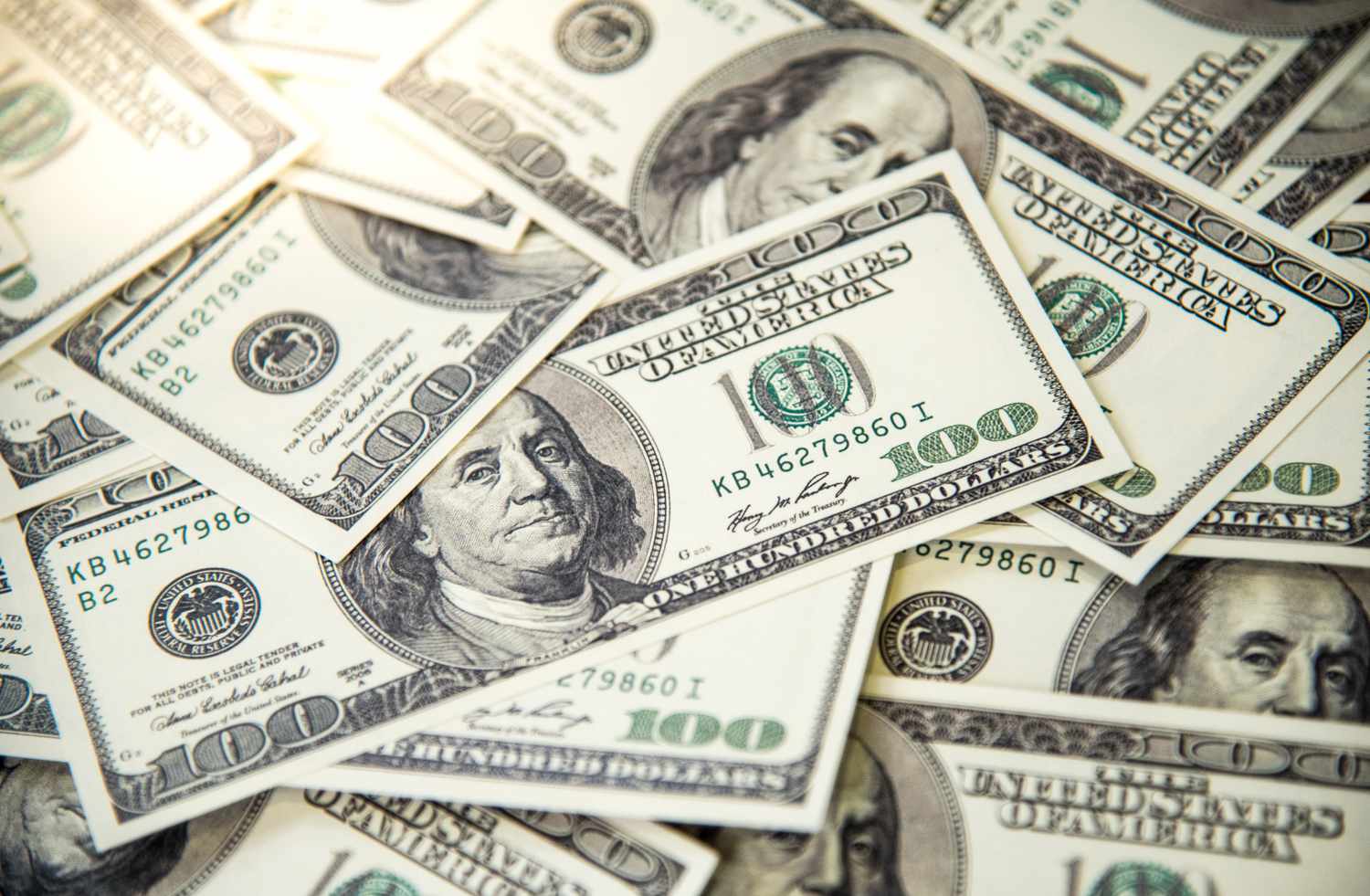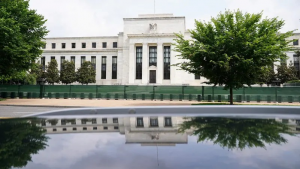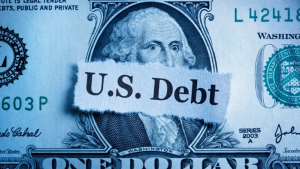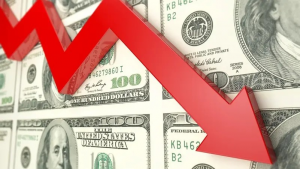The U.S. dollar slips slightly from the recently reached one-year high at the start of a week that is light on major economic data but includes comments from a series of Fed speakers.
At 04:50 ET (09:50 GMT), the Dollar Index, which tracks the greenback against a basket of six other currencies, traded 0.1% lower at 106.497, just off its one-year top of 106.72.
The index climbed 1.6% over last week, marking six weeks of gains in the last seven.
Dollar retains strength The dollar has benefited from a structural bullish shift since Donald Trump’s election near the start of the month, and the macro story hasn’t really offered any reason for second thoughts.
“Inflation data has been hotter than the Federal Reserve's target would tolerate, and Chair Jerome Powell added a layer of caution on future easing in a speech last week,” said analysts at ING, in a note.
“With very little extra information on the US economy being added this week, the market-implied policy divergence between the Fed and most other G10 central banks could mean that any positioning-led correction will be short lived.”
There are at least seven Fed speakers on the agenda this week, starting later Monday with Chicago Fed President Austan Goolsbee. Although he is regarded widely as more of a dove, most of the officials are expected to sound cautious on aggressive cuts.
Futures imply a 60% chance of the Fed easing by a quarter-point in December and have only 77 basis points of cuts priced in by late 2025, compared with more than 100 bps a few weeks ago.
Euro heading lower In Europe, EUR/USD traded 0.3% higher to 1.0568, ahead of speeches from a series of European Central Bank officials, including President Christine Lagarde.
These speakers are likely to sound pretty dovish, even after preliminary figures for October, released last week, showed the bloc grew faster than market watchers expected in the third quarter.
That said, quarterly growth of 0.4% showed the eurozone economy remained fragile, with the largest component - the German economy - particularly weak.
ECB officials will also have to factor in the risk of tariffs hitting EU trade after the election of Donald Trump to the US presidency.
The week ends with the release of the latest PMI activity data for the eurozone, and this will be carefully studied by traders.
“PMIs have become an increasingly important release for the eurozone after the European Central Bank shifted the focus from inflation to growth and is now taking a broader range of soft activity data into account,” ING added.
GBP/USD edged higher to 1.2622, ahead of the release of UK CPI data for October on Wednesday.
Economists expect the annual rate of inflation to have risen 2.2%, which would be an increase from 1.7% in September, the first time the annual rate of inflation dropped below the BoE’s 2% target in more than three years.
The BoE delivered a second 25-basis point rate cut earlier this month and said further cuts were likely to be gradual in the wake of the first budget of Britain's new government.
Ueda declines to signal a December hike USD/JPY rose 0.2% to 154.64, after Bank of Japan Governor Kazuo Ueda reiterated that interest rates would continue to rise gradually but made no mention of whether a hike would come in December.
The lack of clear guidance saw the yen retreat, after it had strengthened late last week after Japanese Finance Minister Katsunobu Kato warned about possible intervention if the yen fell too far and too fast.
USD/CNY climbed 0.2% to 7.2416, just off a three-month high, with sentiment towards China strained by the prospect of high U.S. trade tariffs against the country, under a Trump administration.













